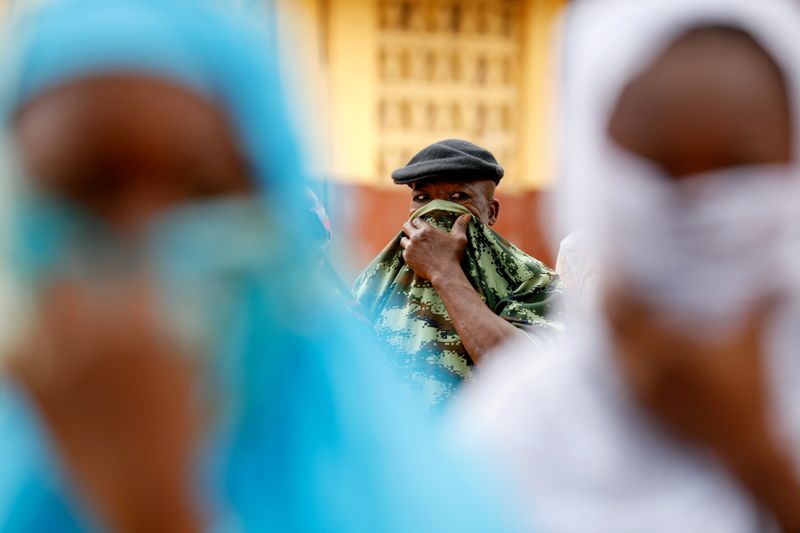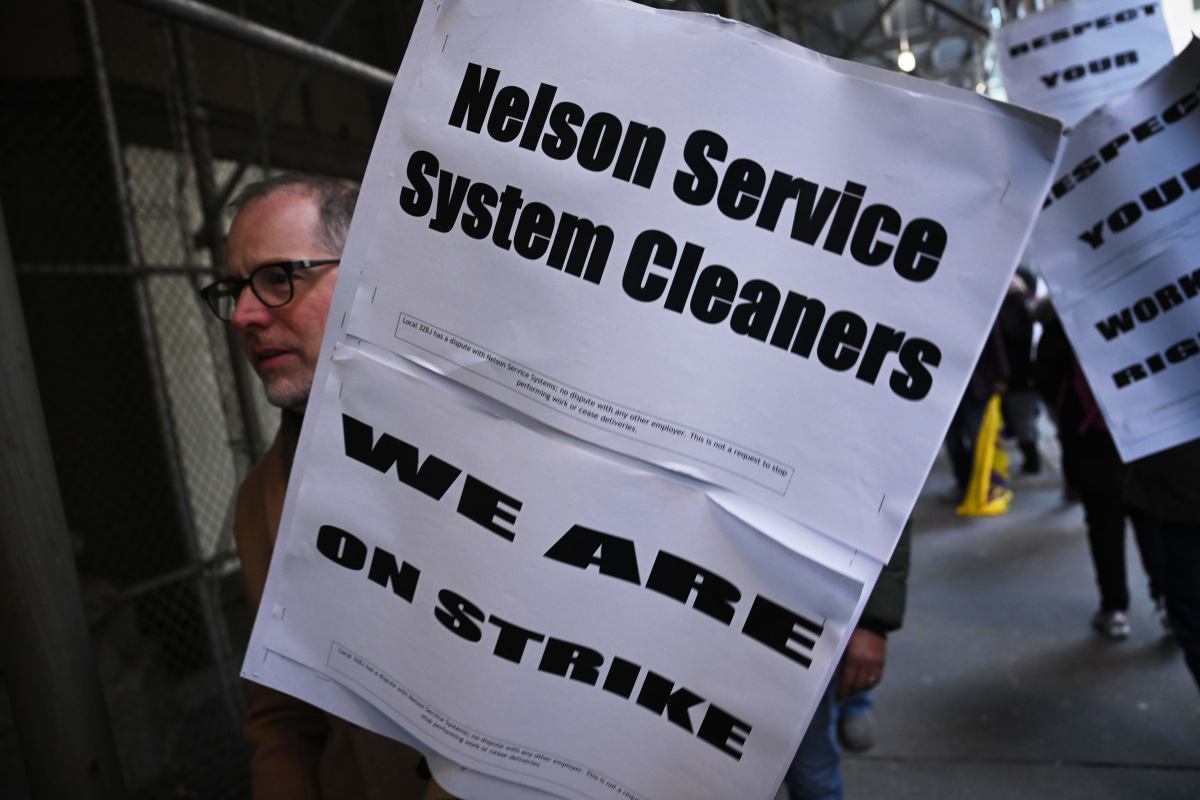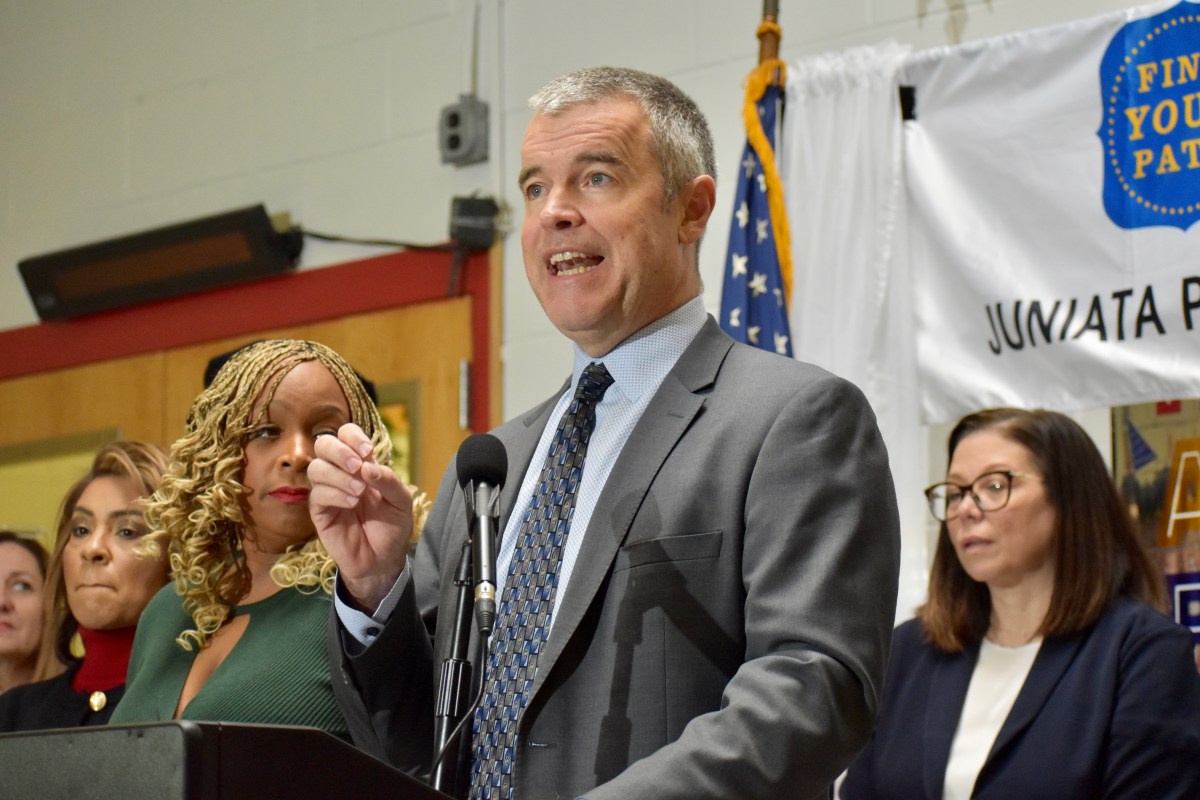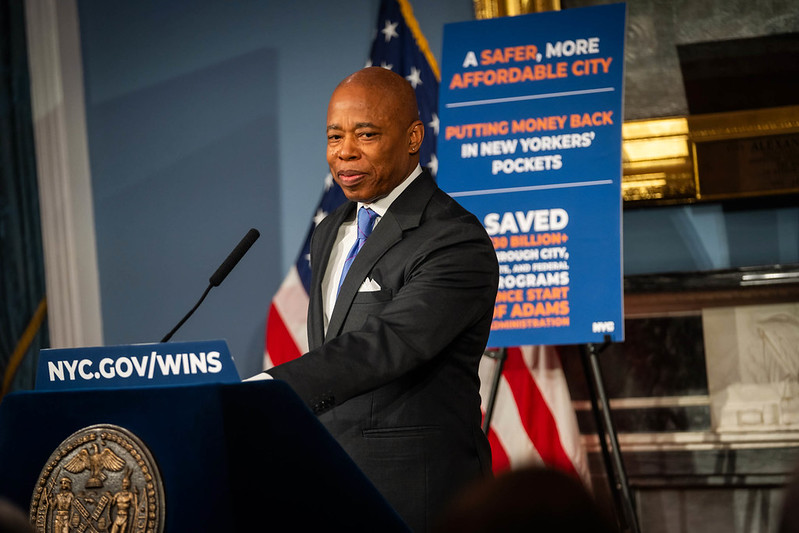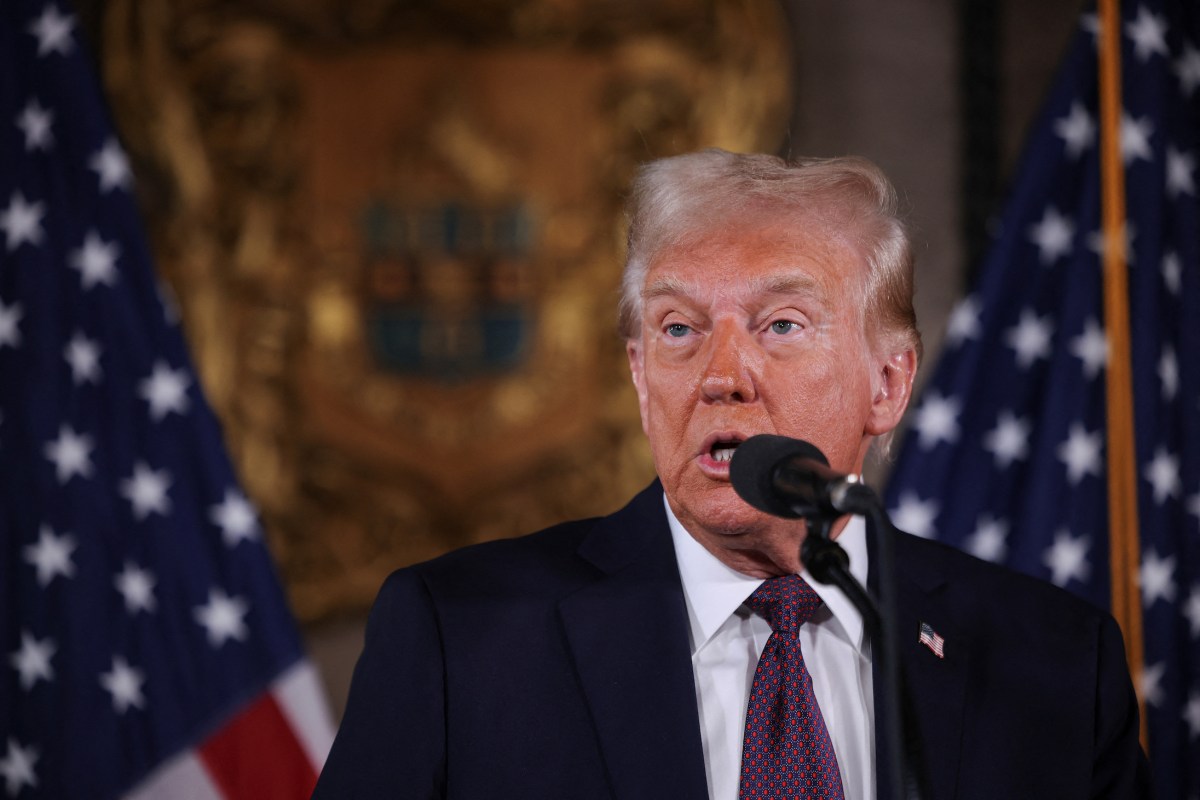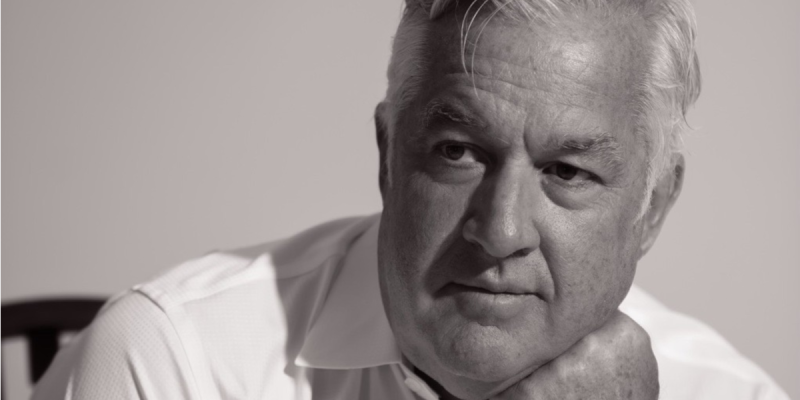PARIS (Reuters) – A rigorous programme of testing for coronavirus and tracing the contacts of those found positive has helped Ghana avoid an explosion in cases that could have overwhelmed its health system, President Nana Akufo-Addo said on Wednesday.
The West African nation has reported 1,671 cases with 18 deaths since March 13. Akufo-Addo said around 110,000 people had been tested, in a population of some 31 million, and the share of positive tests has remained consistent at around 1.5%.
“We are not seeing this relatively large explosion that was feared for our country at the beginning, and therefore the ability to manage those who are identified is much more within our means,” Akufo-Addo told a conference about Africa’s response to the crisis, via video from Accra.
“The emphasis has been to go out and look for those who are infected and deal with it.”
Akufo-Addo lifted a three-week lockdown of Ghana’s two main cities, Accra and Kumasi, last week, saying he also needed to protect the economy.
“After three weeks, we were satisfied that we had a good understanding of the movement of the virus and removed the restrictions, but continued with the strategy of tracing, testing and treating,” Akufo-Addo told the virtual conference.
“We are in a better position to identify its geographic footprint,” he said. “It has enabled us to see what we needed to do to prevent it from going elsewhere.”
Cocoa- and gold-producing Ghana has cut its 2020 GDP growth forecast from 6.8% to 1.5% due to the coronavirus pandemic, a rate that would represent its worst performance in nearly four decades.
Restrictions on public gatherings and border closures remain in place for now, Akufo-Addo said.
“We are investing a lot … in seeing to it that people wear the masks. We see it as a direct and manageable way of getting as many people as possible protected from the disease. It is an easier solution than the strict enforcement of social distancing.”
(Reporting by Bate Felix; Editing by Kevin Liffey)

